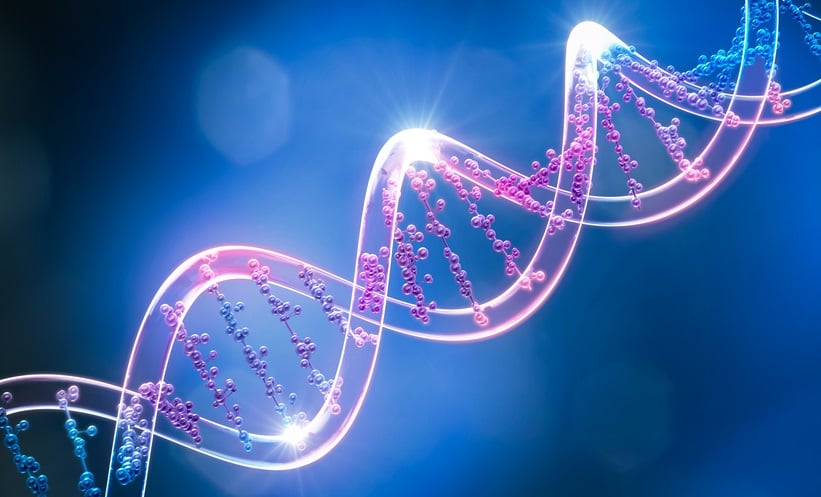A NEW study has developed and validated a 15-gene expression-based biomarker that could facilitate risk stratification for clear cell renal cell carcinoma (ccRCC). The research, which aims to predict the likelihood of recurrent disease, offers promising advancements in personalising treatment for patients with ccRCC.
In this retrospective study, researchers analysed data from 110 patients who underwent radical nephrectomy for ccRCC. The study focused on those who experienced disease recurrence, matching them with patients who did not recur based on grade and stage. Utilising RNA isolated from archival tissue, whole-transcriptome sequencing was performed on the Illumina platform. This led to the creation of a gene-expression signature designed to predict recurrence-free survival and disease-free survival (DFS) through a 15-fold lasso and elastic-net regularised linear Cox model.
The team introduced the 31-gene cell cycle progression score, derived from RNA sequencing data for each patient. Kaplan–Meier curves and multivariable Cox proportional hazard testing validated the independent prognostic impact of the gene-expression signature on DFS, disease-specific survival (DSS), and overall survival across two validation cohorts, encompassing a total of 761 patients.
Following quality control measures, the discovery cohort included 50 patients with recurrence and 41 without, with median follow-up periods of 26 and 36 months, respectively. The researchers developed a 15-gene (15G) signature, which was found to be independently associated with poorer DFS and DSS. Specifically, the hazard ratio (HR) for DFS was 11.08 (95% CI: 4.9–25.1) and for DSS was 9.67 (95% CI: 3.4–27.7) after adjusting for various clinicopathologic parameters, including stage, size, grade, and necrosis (SSIGN) score, as well as the mxCCP score.
The 15G signature’s prognostic value was further confirmed in two separate validation datasets. In Validation A (n=382), the HR for DFS was 2.6 (95% CI: 1.6–4.3) and for DSS was 3 (95% CI: 1.4–6.1). In Validation B (n=379), the HR for DFS was 2.1 (95% CI: 1.2–3.6) and for overall survival was 3 (95% CI: 1.6–5.7), again adjusting for clinicopathologic variables and mxCCP score.
The authors concluded that this novel 15G prognostic signature could substantially improve risk stratification for ccRCC patients. Pending further validation, this biomarker holds the potential to guide optimal treatment allocation, ultimately enhancing patient outcomes in ccRCC care.
Ada Enesco, EMJ
Reference
Mehra R et al. Discovery and validation of a 15-gene prognostic signature for clear cell renal cell carcinoma. JCO Precis Oncol. 2024;8:e2300565.








